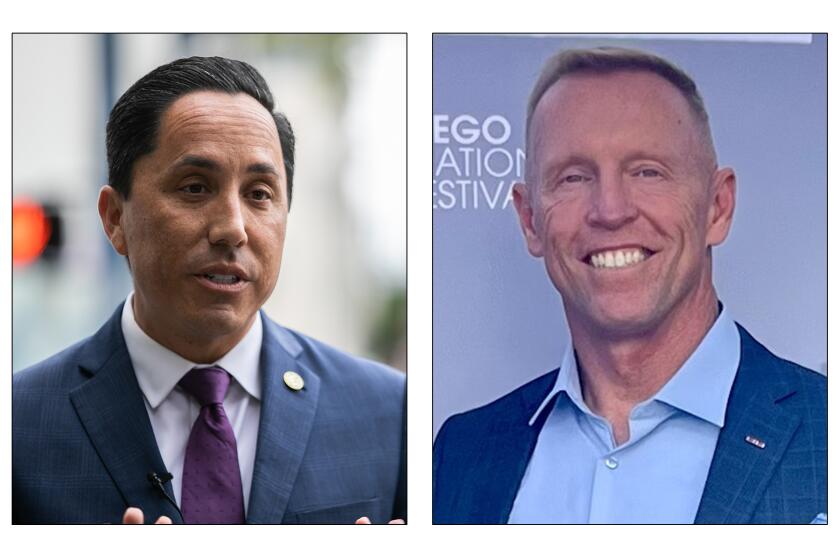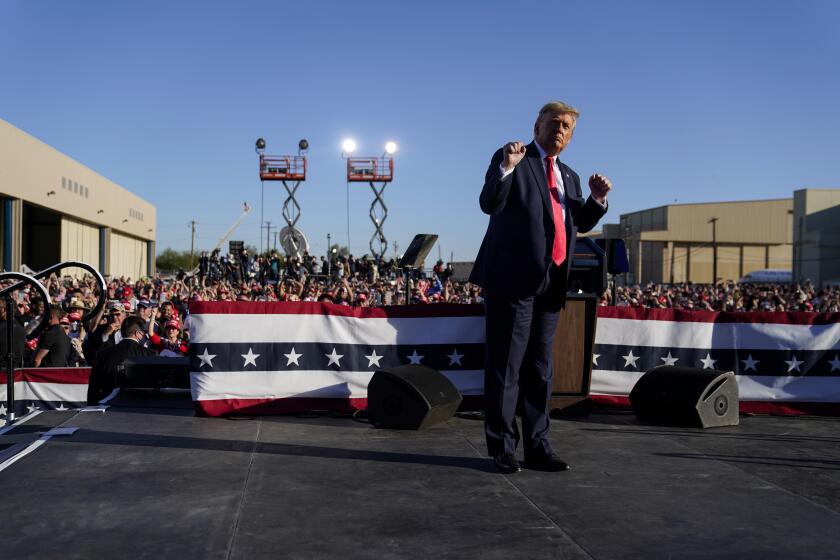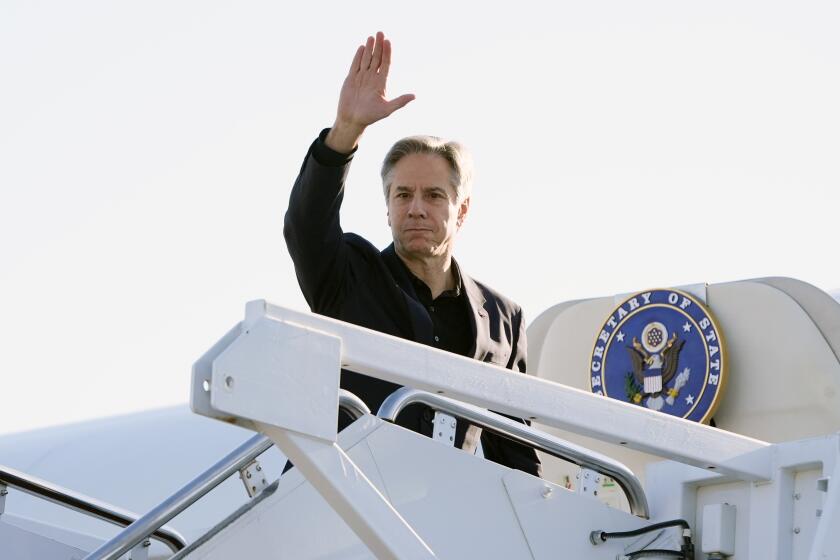Ferguson really about police militarization
The grand-jury system dates back to King Henry II of England in the 12th century. But the most widely known fact about it comes from former New York Judge Sol Wachtler, quoted by author Tom Wolfe in 1987 saying “a grand jury would ‘indict a ham sandwich,’ if that’s what you wanted.” His point: grand juries are tools of prosecutors.
The grand jury process has been in the news again, as Americans debate the decision by one in St. Louis County, Mo., not to indict Ferguson officer Darren Wilson in the Aug. 9 shooting death of Michael Brown. It’s been one of the biggest news stories of the year.
Most of the arguments have centered on details of the incident. But the two camps’ interpretation is driven by their worldviews. Brown’s defenders believe the justice system has a racist tinge. Police backers are concerned about crime — and focus on Brown’s misbehavior and the looting that followed the decision.
Both sides make valid arguments, but I’ve rarely seen such vigorous debate that misses the main point. Police officers have the legal right to use deadly force if it they face an “objectively reasonable” fear, but that definition largely is left in the hands of police authorities. Wouldn’t it be wise to publicly discuss that standard? The issue isn’t mainly about racism or crime, but about proper policing and a system that seems to lack sufficient accountability.
“In my 27 years as a police officer in Boston, I have never heard of a situation in which a prosecutor failed to secure an indictment when seeking such — plainly put: It doesn’t happen,” wrote criminologist Tom Nolan in a Daily Beast article this week. “That (prosecutor Bob) McCulloch failed to obtain an indictment of Wilson means only one thing: He did not want to obtain an indictment.”
It’s rare for officers to be charged in an on-duty killing. And even when charges are filed, officers are given protections other Americans are not granted. In California, the Peace Officers Bill Of Rights and union representation make it difficult for agencies to punish questionable on-duty behavior. The investigating agencies tend to be defensive of police who come under the microscope. It’s far different than when an average citizen is accused of a crime.
Commentary: More Steven Greenhut columns about California
My reaction to the Ferguson incident is jaded by my reporting on some police-accountability cases. In a 2006 Orange County jail case, where prisoners beat to death an inmate as deputies slept and watched TV in the nearby guard station, “deputies and high-ranking officials lied, tampered with evidence, shared information about evidence and lines of questioning …,” according to a Los Angeles Times report. It was a real eye-opener.
After Fullerton officers beat and tasered an unarmed homeless man in 2011, the police department claimed the officers suffered broken bones, even though evidence later showed that to be false. The officers were even allowed to watch a video of the incident before filing their police reports. One writer, William Grigg, says it’s not about “white privilege” but “blue privilege.”
I’ve seen police and prosecutors circle the wagons, so I understand why many people don’t trust “the process.” And all people — police officers included — are likely to tell one-sided versions of events when faced with serious allegations.
Earlier this month, Cleveland police shot to death a 12-year-old boy who they said reached for his waistband to grab a fake gun. But as Reason magazine noted this week, “Now surveillance video appears to contradict police claims, as it shows the police officer shooting Rice immediately after getting out of a moving patrol car.”
There may be racial elements at work in some of these deadly force incidents, but it’s primarily a question about America’s increasingly militarized police forces. When police agencies receive grenade launchers and tank-like vehicles from the military and overuse SWAT teams, it reinforces the idea that police see themselves as part of an occupying army rather than as community officers.
Regardless of one’s views on the details of the Brown shooting, the reaction has touched a nerve. I’m not the only one asking why a grand jury will indict a ham sandwich but not a police officer.
Get Essential San Diego, weekday mornings
Get top headlines from the Union-Tribune in your inbox weekday mornings, including top news, local, sports, business, entertainment and opinion.
You may occasionally receive promotional content from the San Diego Union-Tribune.






